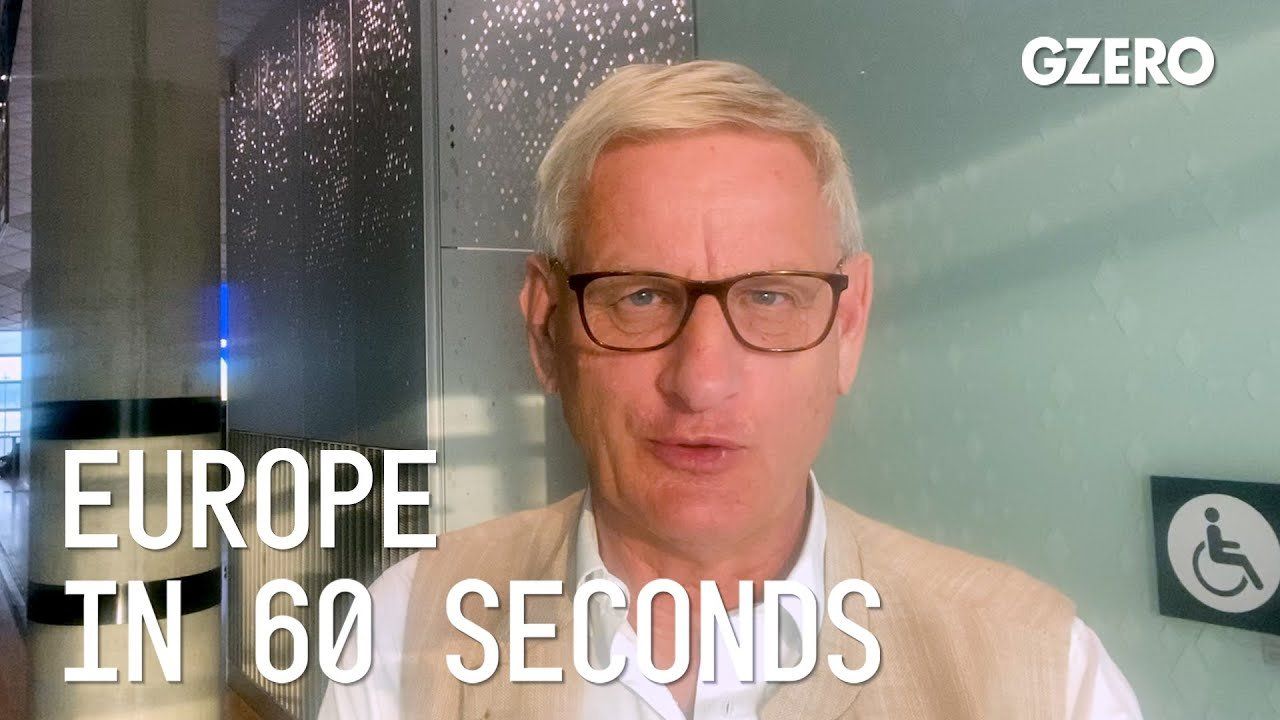
Carl Bildt, co-chair of the European Council on Foreign Relations and former prime minister of Sweden, shares his perspective on European politics, this week from the Oslo airport.
Is the political career of Boris Johnson over?
Seems to be the case but you can never be entirely certain, in his particular case. I think he has the ambition to come back. And clearly, he's going to remain a dangerous, in my opinion, a very disruptive force inside the Conservative Party. If they lose the election next year, which is not unlikely, mildly speaking, there might be a civil war and Boris Johnson might be one of the leaders of that particular civil war inside the Conservative Party. But remains to be seen.
What's the legacy, political and otherwise, of Silvio Berlusconi?
Well, to be on the positive side, he created a media empire. He did some reforms of the Italian political system after the scandals that sort of ripped apart the old political system in the past, but apart from that and in spite of the fact that he is now, sort of, given a state funeral and everyone is parading for him, that happens in situations like this, I think his legacy is mostly negative on the populist, who in three terms of government did very, very little to address the fundamental problems of the Italian economy, in the Italian state. A populist man who maneuvered, a man who had self-interest at the center of most things. But I think history will not judge him too kind.